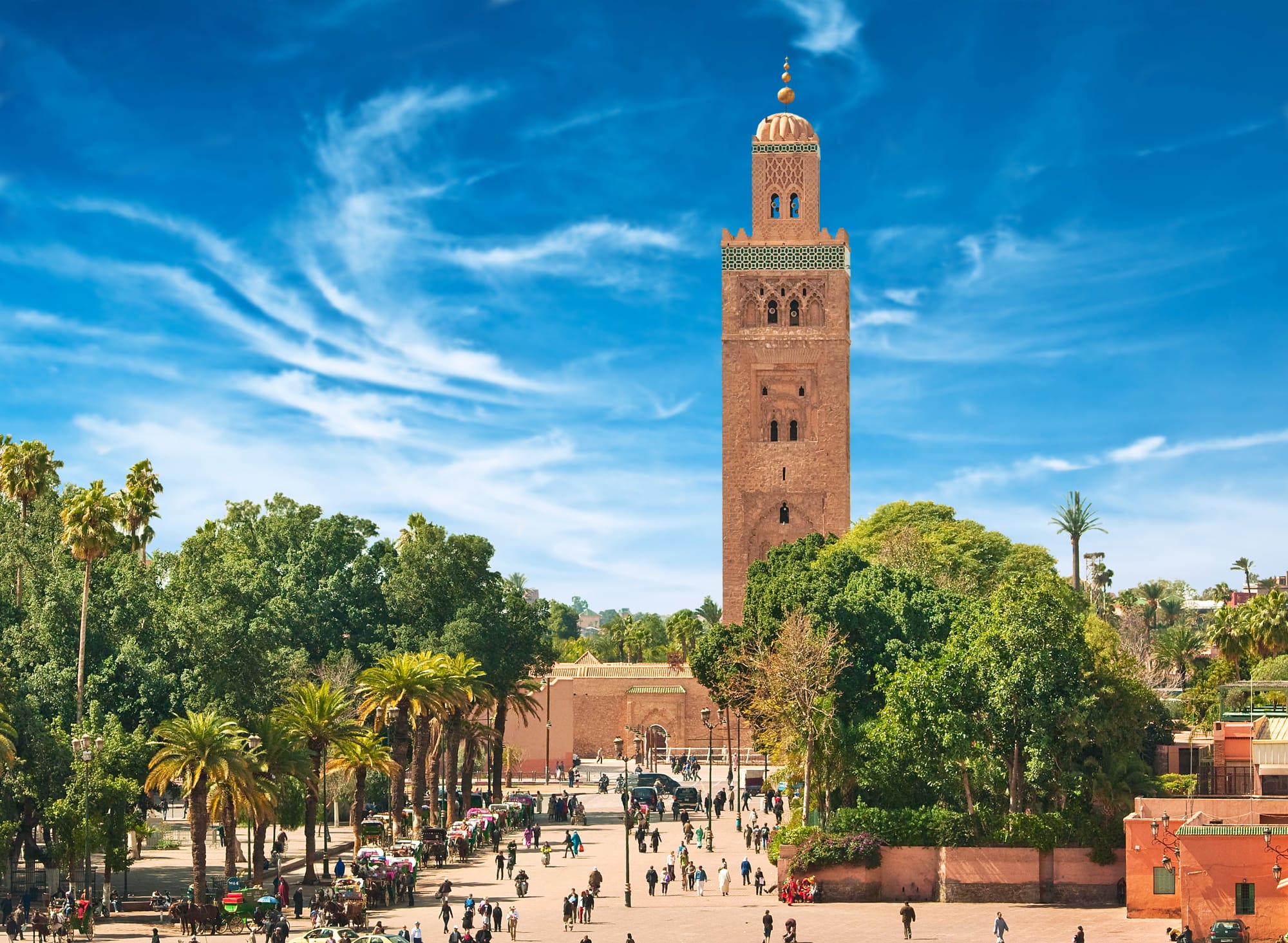"Musee de l'Eau," or The Water Museum, strategically situates itself in Ben Youssef, a bustling neighborhood at Marrakesh's core. Given the city's historical importance in water management and pioneering hydraulic engineering innovations, this museum finds an apt home. Upon approaching The Water Museum, one cannot help but be intrigued by its ornate entrance, an enticing ►
"Musee de l'Eau," or The Water Museum, strategically situates itself in Ben Youssef, a bustling neighborhood at Marrakesh's core. Given the city's historical importance in water management and pioneering hydraulic engineering innovations, this museum finds an apt home. Upon approaching The Water Museum, one cannot help but be intrigued by its ornate entrance, an enticing suggestion of its mysteries and wonders.
The Water Museum, a captivating institution nestled within the walls of a 19th-century mansion, immerses its visitors in the labyrinthine heart of Morocco's ancient water systems upon entry. Exhibits thoughtfully arranged to offer an all-encompassing understanding of Marrakesh's hydraulic heritage and paint vivid pictures about how history and culture have shaped this city through their relationship with water.
The museum showcases a captivating exhibit: traditional water distribution systems. It highlights Marrakesh's historical "khettaras," underground aqueducts that ingeniously transported water from the Atlas Mountains. Visitors can delve into intricate models and interactive displays illustrating the engineering and maintenance of these remarkable systems.
The Water Museum highlights "aghast," the historic irrigation system that converted barren lands into thriving gardens, underscoring its significance. Visitors sincerely appreciate the antiquated methodologies and instruments employed to guarantee sustainable water provision for both cityscape and peripheral areas.
The museum actively demonstrates its commitment to educating visitors about water sustainability by presenting modern water management initiatives in Marrakesh; exhibits elucidate the city's adaptation to contemporary challenges and burgeoning population demands while upholding respect for traditional water practices.
The museum in Marrakesh's strategic location lets visitors explore additional historical and cultural landmarks. A must-visit nearby site, the renowned Islamic college - Ben Youssef Madrasa - showcases Morocco's scholarly traditions and architectural splendor. Upon concluding a visit to the Water Museum, one must stroll through the bustling souks and medina of Marrakesh for an immersive experience in the city's vibrant culture and exploration of local crafts.
To conclude, the Water Museum in Marrakesh, Morocco, celebrates the city's long-standing mastery of water management - an embodiment of past generations' ingenuity and wisdom. Visiting this unique museum offers a chance to engage with enduring traditions: innovations that continue to influence Morocco's relationship with water. Furthermore, it serves as more than a reminder; the intrinsic link between water and life is underscored here. Indeed, it is both a celebration of sustainable practices and a tribute to the rich cultural heritage tied up within the hydraulic aspects of our great city. ◄
